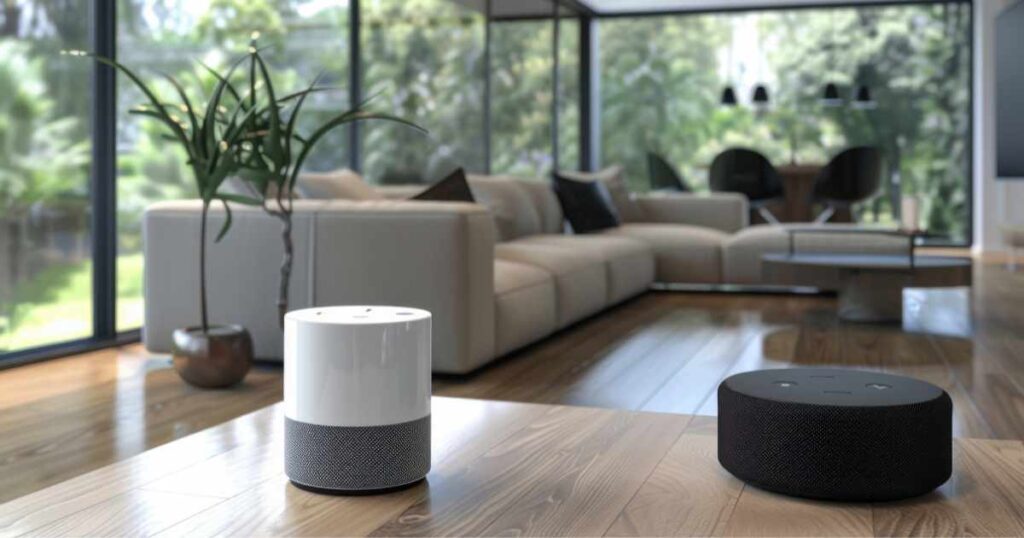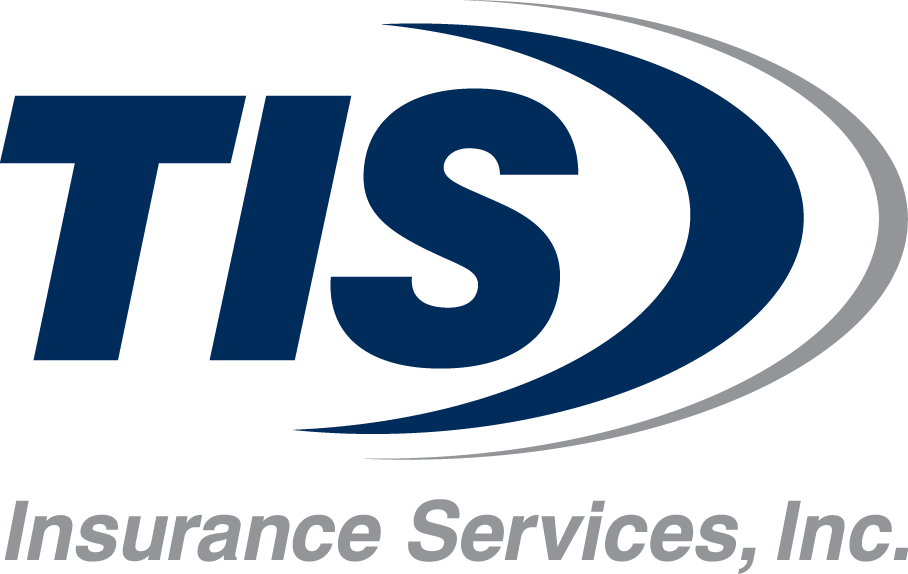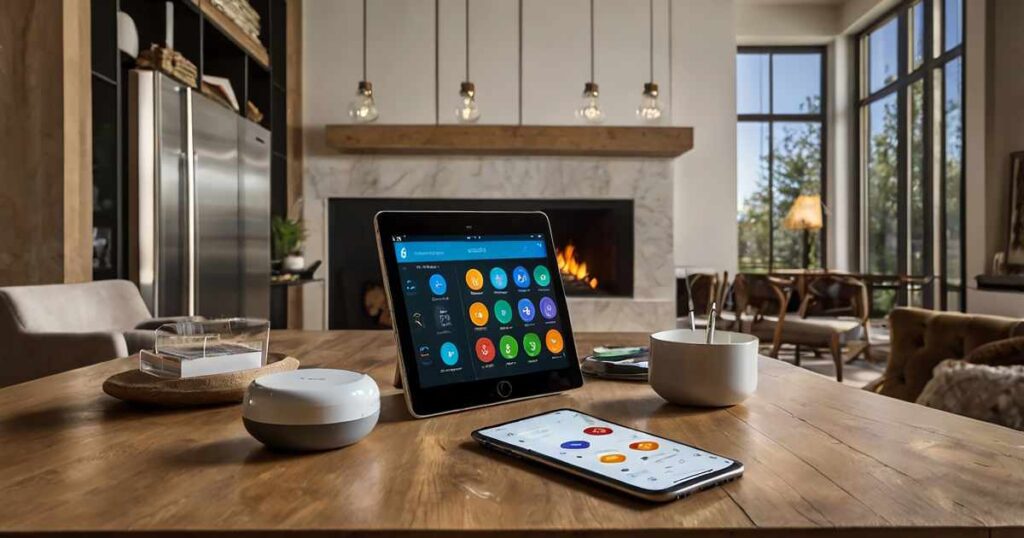Smart homes are no longer just part of a Jetson episode. Today, homes are equipped with interconnected devices that can be controlled remotely through smartphones, tablets, or voice commands. From thermostats and lighting to security systems and appliances, smart devices offer unparalleled convenience and energy efficiency.
But the benefits extend beyond mere comfort. Smart home technology is also transforming how we approach home insurance and security. From the insurance industry perspective, these technologies are gaining attention because they can significantly reduce the risk of damage and loss from an unforeseen event.
Benefits of Smart Home Technology for Home Insurance
Insurance companies are taking notice of the growing trend toward smart homes, and many are now offering discounts to homeowners who install specific smart home devices. These discounts not only contribute to customer loyalty but are justified by the reduction in risk due to:
Enhanced Security
Smart home devices like security cameras, motion sensors, and smart locks can significantly reduce the risk of burglary and theft.
Early Detection of Hazards
Smoke detectors, water leak sensors, and smart thermostats can promptly alert you to potential hazards like fires, floods, and extreme temperatures. This early detection can prevent or minimize damage.
Improved Home Efficiency
Smart thermostats and energy management systems can optimize energy consumption, reducing the risk of electrical fires and potentially qualifying you for discounts.
Precise Loss Assessment
In the unfortunate event of a claim, smart devices can provide valuable data to insurance companies. For example, smart thermostats can pinpoint when a fire started, aiding in damage assessment and potentially speeding up the claims process.

The Impact on Your Premium
While the benefits of smart home technology are undeniable, it’s important to understand how they influence your home insurance premium.
- Discounts: As noted above, insurance companies may offer discounts for homeowners installing specific smart home devices. These discounts can vary depending on the insurer and the type of device.
- Data Sharing: Some insurers may require you to share data collected by your smart home devices to qualify for discounts or to assess risks accurately. Be mindful of this stipulation if you have privacy concerns (more on this below).
- Policy Adjustments: As smart home technology evolves, insurance policies may need to be adjusted to accommodate new risks and opportunities.
Insurer-Provided Smart Devices
Some insurance companies are going beyond just offering a discount; they are also providing smart devices to their policyholders to encourage the adoption of risk-reducing technology. For example, they may offer free smart home sensors that detect electrical faults to prevent fires. Similarly, they can provide video doorbells to enhance home security. Even if your carrier doesn’t provide devices, they might offer a discount on purchasing a smart device.
These initiatives help homeowners reduce their risk and benefit insurance companies by decreasing the number and severity of claims. It’s a win-win situation: homeowners gain enhanced protection and potentially lower premiums while insurers reduce their risk exposure.
Smart Home Technology and Claims Process
Smart home technology can streamline the claims process. In the event of a claim, smart devices can provide valuable data and evidence.
For example, security cameras can offer footage of a break-in, while water leak detectors can show when and where a leak occurred. This information can expedite the claims process and ensure homeowners receive fair compensation more quickly.
Moreover, some insurers use artificial intelligence and machine learning to analyze data from smart devices, further enhancing their ability to assess claims accurately and efficiently. This technological integration makes the entire process smoother and more transparent for homeowners.
Data and Privacy Concerns
While the benefits of smart home technology are clear, there are also concerns regarding data privacy and security. Smart devices collect vast amounts of data about homeowners’ habits, routines, and even their presence or absence from the home. Insurance companies may use this data to assess risk more accurately, but it raises questions about privacy and data security.
Homeowners should be aware of how their data is being used and stored. Choosing devices from reputable manufacturers that prioritize data security and offer transparent privacy policies is essential. Additionally, homeowners should ensure their home network is secure to prevent unauthorized access to their smart devices.
The Future of Home Insurance
As technology continues to evolve, so will its impact on home insurance. We can expect to see:
- Personalized Insurance Policies: Leveraging data from smart devices, insurers can create highly tailored policies that accurately reflect individual risks and offer customized coverage options.
- Predictive Analytics: By analyzing data from smart devices, insurers can identify potential risks and proactively offer prevention strategies or adjust premiums accordingly.
- Usage-Based Insurance: Similar to usage-based car insurance, homeowners’ premiums could fluctuate based on their actual usage of appliances and systems.
- Smart Home Bundles: Insurance companies may partner with smart home device manufacturers to offer bundled packages that include devices and insurance coverage.
Be Aware: Potential Smart Home Insurance Challenges
Cybersecurity Risks
Smart devices are connected to the internet, making them vulnerable to cyberattacks. It’s crucial to prioritize cybersecurity measures to protect your devices and personal information.
Compatibility Issues
Not all smart home devices are compatible with each other, which can limit functionality and create integration challenges.
Data Privacy Concerns
We’ll reiterate this so you don’t forget: Smart home devices collect and share data, raising privacy concerns. Carefully review the privacy policies of different devices before purchasing.
Protect Your Home with TIS Insurance Services
Modernizing your home with intelligent technology enhances your lifestyle and offers significant benefits for your home insurance. The personal insurance team at TIS Insurance Services understands the evolving needs of homeowners and is committed to providing comprehensive coverage that keeps pace with technological advancements.
Request a home insurance quote now to learn how to take advantage of the smart home opportunities available to you.





